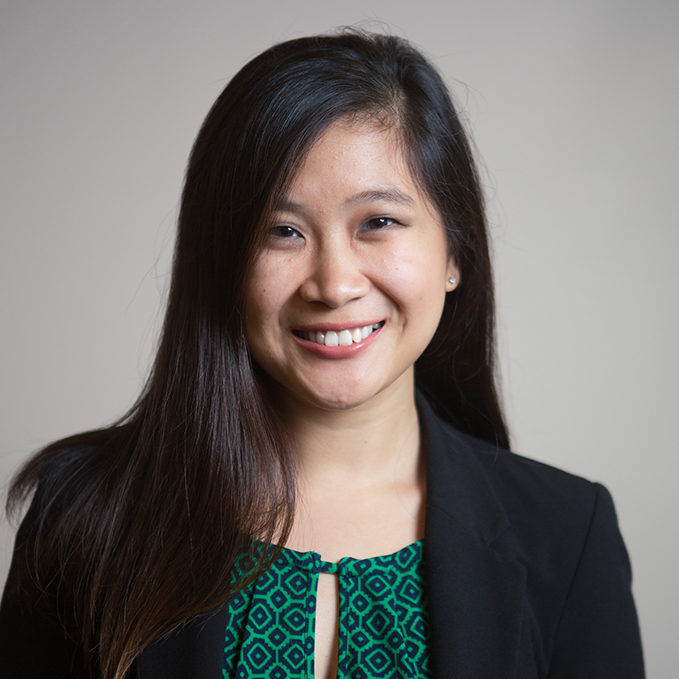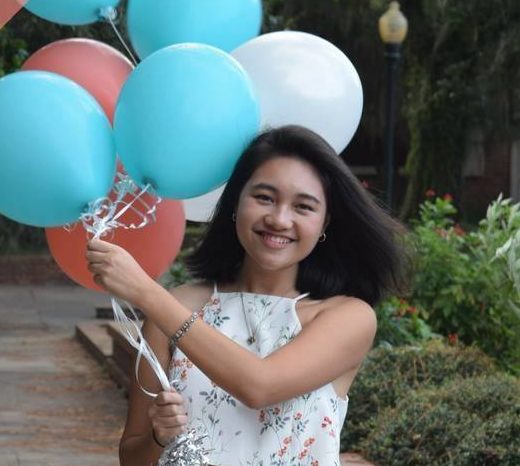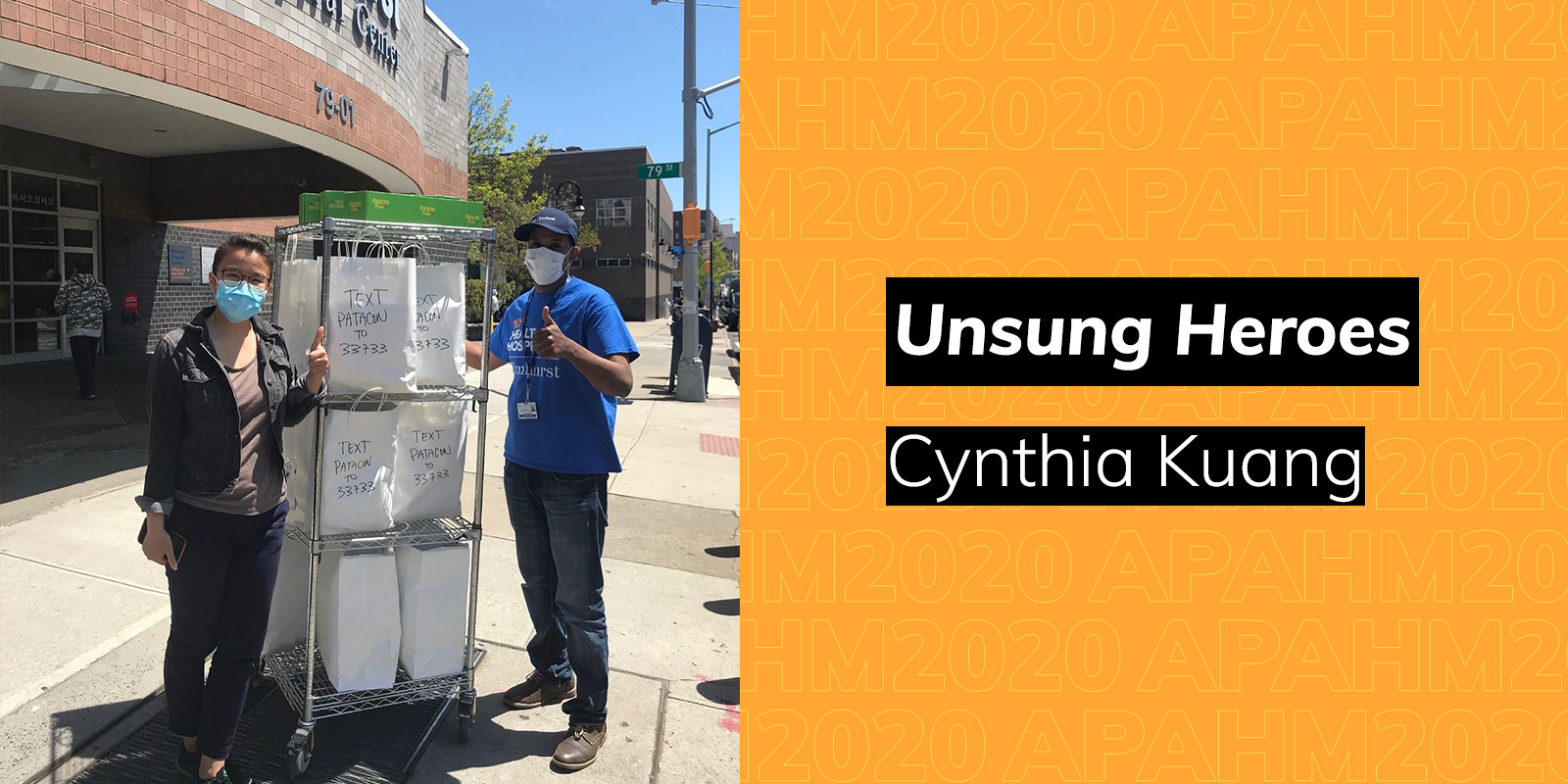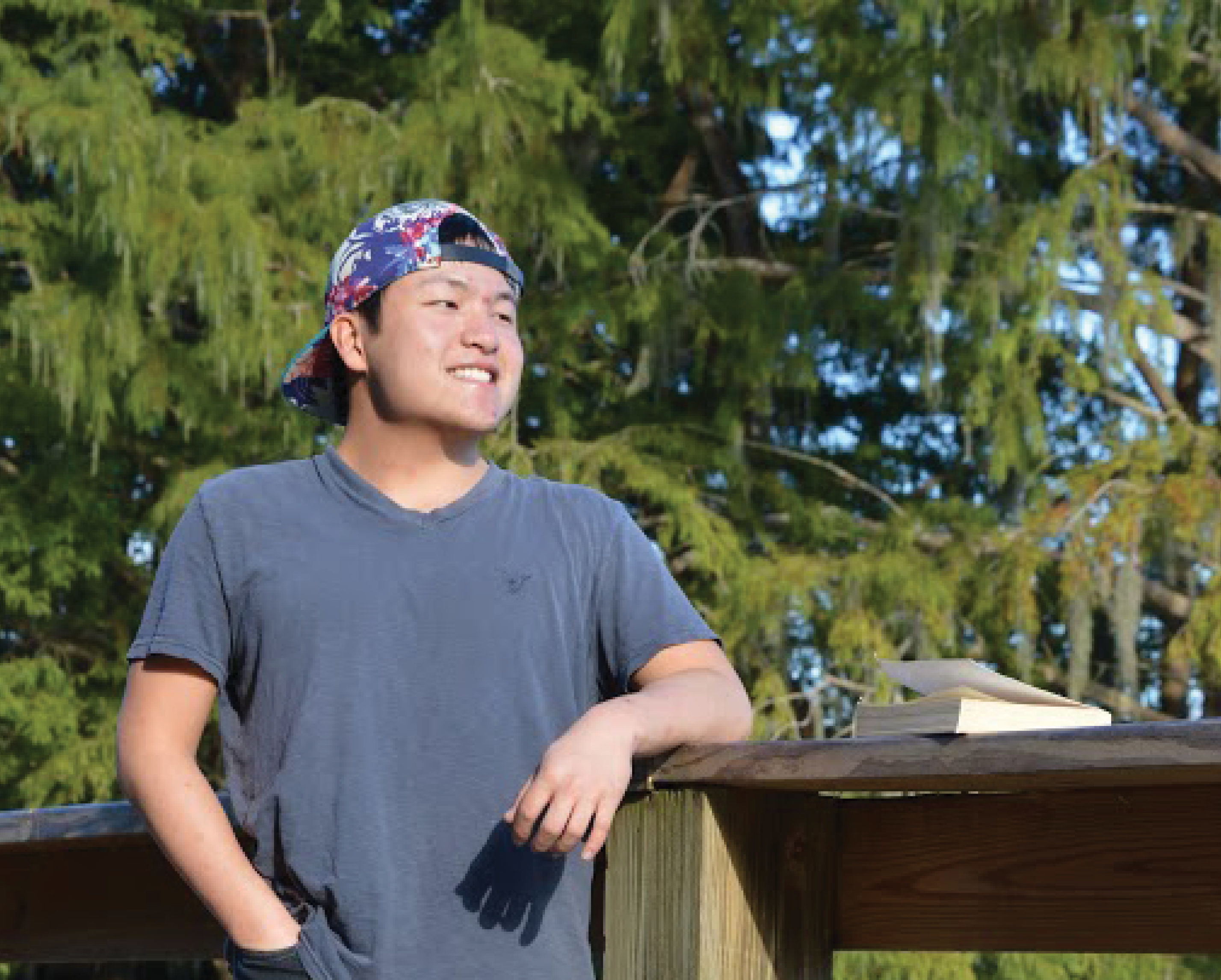
Jason Fong, 16, is a Korean and Chinese American student attending high school in Redondo Beach, California. He began using the hashtag #MyAsianAmericanStory on Twitter in response to Republican presidential candidate and former Florida Gov. Jeb Bush’s comments about “anchor babies” in August. The next day, #MyAsianAmericanStory was trending in Los Angeles and became increasingly popular among Asian Americans sharing their stories across the country. In support of this movement, we also created a social media campaign to showcase the diversity of these experiences.
We sat down to talk to Jason at his home in Manhattan Beach, California, where he opened up to us about his own Asian American story.
Can you tell us a little about yourself, your background?
I first got involved with progressive politics when I was in middle school. Seeing all the police brutality, like the Trayvon Martin case, I always wondered, “What’s the Asian American place in history? Why aren’t we in history class?” I wanted to learn about people like myself.
What made you feel like social media was a good way to go about doing this type of project?
I guess it was seeing the success of #BlackLivesMatter and how those activists use social media to organize and educate. Asians have a big online presence; I feel like if we used that through Twitter, we could be a pretty powerful force.
And how did you feel when you saw the reaction to that?
I was pretty surprised, honestly, because I didn’t have that many followers.
Did you see anything that made an impression on you?
There were a lot of people who shared their personal stories. There was someone who came out as gay through a video response with the hashtag, so that was pretty cool. I feel like I learned a lot more because of the tag, too.
Can you tell us about your thought process — how did it come up, this whole idea of the hashtag?
After Jeb Bush’s comments about anchor babies and Asian immigrants using the whole concept of birthright citizenship to “use” the United States, I thought, the whole reason why he’s presenting people with these views is because he — and others like him — they’re presenting this dehumanizing narrative of immigrants. They’re characterizing them in such a bad way. I wanted to put a human face on it through having us share our stories.
What were you using Twitter for before?
More to stay involved, stay informed about issues. That was mainly why.
So this is the first time you actually started this and pushed for this to happen?
I’d use Twitter to make a comment — like, if I saw an article, I would comment. Or, if someone posted a comment, I’d respond and have discussions about issues — but not really try to start a movement through social media.
How did it all start?
I was talking with Jenn Fang from Reappropriate, and she was like, “oh yeah, we’ll use it,” and then she reached out to other people in Asian organizations. They started using it also, and it just kind of picked up steam. Charles Blow, the author, and then Jose Antonio Vargas used it, and then that was when it picked up.
How does it feel to have these people who are so nationally recognized, recognize what you started?
It’s pretty cool. These are people I look up to as role models. Seeing the work that they did, it was so cool to be acknowledged by someone like that.
And now how does it feel to be that inspiration for a lot of other people? Within the past few months, you’ve had access to both of those roles.
It was a little surprising, but I’m just pretty happy that I can educate others and share my thoughts and perspectives on issues, and that people will actually take notice and listen to me.
You were telling us that you spoke at a panel at UC Riverside earlier. How would you say your life has changed since the hashtag?
My personal life, I don’t think it’s changed that much. I think on Twitter it’s pretty cool to have people really involved with #BlackLivesMatter and people in Asian organizations follow me and reach out to me, include me on discussions.
What about your follower base? How much has it grown?
Like, exponentially. (laughs) It went from like a hundred to, I think, 700 or 800.
When we first heard about this hashtag, we didn’t know it was started by someone in high school. A lot of people see you as a young person. Why do you think it’s important for young people like yourself to do these things?
I think it’s important for young people to get involved because if not, the people at the top — your older, white men — are going to be the ones making decisions potentially at our expense. We have to add our perspective to the discussion because if we don’t, who else is going to? We don’t want other people to tell our stories for us.
Can you tell us about your life here — were you always in Manhattan Beach?
Yes, I’ve grown up here.
And how has that affected your views and who you are today, growing up here?
I would say because it’s pretty white — it kind of pushed me toward that. Growing up, with kids calling me names and experiencing some racism — like, I’ve been followed in stores and had people say things to me, racist things — they would treat me differently because of who I am as Asian American. It’s probably made me more inclined toward those issues, too.
I’m sure a lot of us have had similar experiences as well, so it’s good to know that they’re not alone.
And it is different because it’s California and there are a lot of Asians, but those experiences are still pretty similar.
For students especially in Florida who are just getting their foot in the door with social activism, what would your advice be for them to start getting involved?
I would say just find an issue that you’re really passionate about and just learn more about it, research it and try to develop that interest. For me, Twitter was the means for me to get involved with these issues. It’s just about becoming more involved and aware — I think that’s the biggest step. And then as you become more involved, your world view will change. It’s implementing those in your daily life too and the way you see things.
You mentioned earlier that you wanted to study ethnic studies in college. What are you thinking about doing in your future? Do you have an image in mind?
I don’t know. Honestly, I feel like I almost have a better outline of what I don’t want to pursue. I feel like for me personally, college is the time to figure out what I want to do and who I want to be.
What would you like to see more out of the Asian American community in relation to social movements?
Out of the whole Asian American population, there is one segment of the population that is really, really tied in. I feel like, often when we have these discussions within our community, we’re like preaching to the choir, just talking to those people who are already aware. So we need to reach out to the people who — the more recent immigrants maybe, or the ones who are less connected. I feel like that’s one thing that’s important.
I’m curious to know — how do your classmates and teachers view you now? Like, do they know? (laughs)
Some of them know, yeah. I haven’t really had any negative reactions. People are pretty supportive.
Do they all know that you’re passionate about these issues?
Yeah. They know what I’m interested in, progressive, politically. If something will come up, I’ll offer my perspective.
—
Photo courtesy of Helen Choi. Follow Jason Fong on Twitter @jasonfongwrites.






